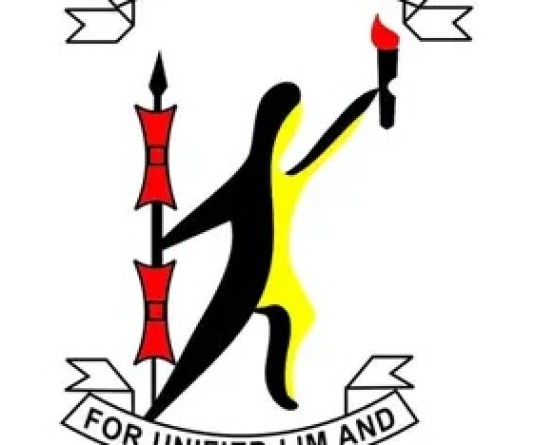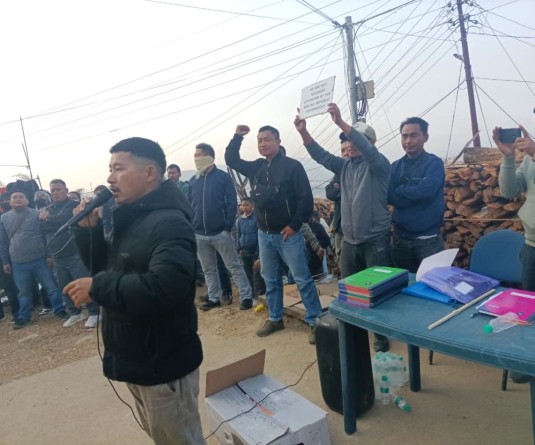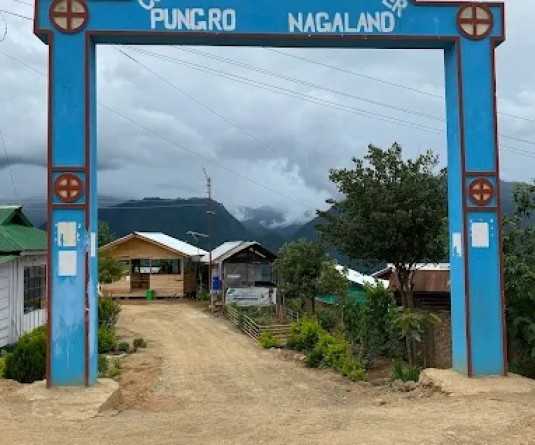
DIMAPUR, SEPTEMBER 21 (MExN): Against Corruption and Unabated Taxation (ACAUT) Nagaland has viewed the issue of total liquor prohibition in Nagaland as a matter of significant concern, impacting numerous lives and also many social implications.
In a press release issued by its media cell, ACAUT stated that it is crucial to voice its opinion rather than remain silent on this matter as pragmatism and empirical evidences over delusional thinking should converge whether to strengthened or do away with the Nagaland Liquor Total Prohibition (NLTP) Act.
ACAUT firmly asserted that it is entirely upto the elected Government of the day to take a call as prohibition file is now with the Cabinet. “It is the prerogative of pressure groups to voice their opinions and disagreement. However, the Government should act based on what it deems best for the state. If the Government decides to continue with the prohibition ACT then it must clearly state the reason and rationale for arriving at such decision,” it suggested.
ACAUT alleged that the NLTP Act in its present form is simply not implementable and is the root cause of its utter failure. NLTP Act in its 35 years of existence had encouraged bootlegging whose corruption has permeating from the top to bottom including the law enforcement agencies. “These criminals having the liquor licences and backing by various multiple parallel governments thereby creates mafia culture within our society which has far reaching consequences in the degradation of the moral fabric of our society,” it added.
It also claimed that just a little investigation by any citizens in Dimapur will find unregulated booze shops in the grab of water bottle shops in every nook and corner of almost every colony and villages operated by goons and mafias.
Additionally, ACAUT reported that for the implementation of NLTP all over Nagaland there are hardly 336 posts with 40 vacancies and it is impossible for the Act to be successful.
Further, the divergent views of the various denominations on prohibition in the state should be addressed among the Church leaders. “The Church needs to introspect the proactive role it has played over the years with their respective congregation who are also citizens the rest of the week days. There should be more healthy public dialogues and charter a convergent path of action on prohibition in Nagaland,” it suggested.
ACAUT also said that the “younger generation should no longer be raised in an environment of moral dilemma where hypocrisy has been promoted as a virtue by looking the other way which NLTP has normalised in our Christian majority society.”
It reiterated that the “NLTP Act should be revoked in its present format as it is a complete mockery or be re-amended for thorough implementation.”






